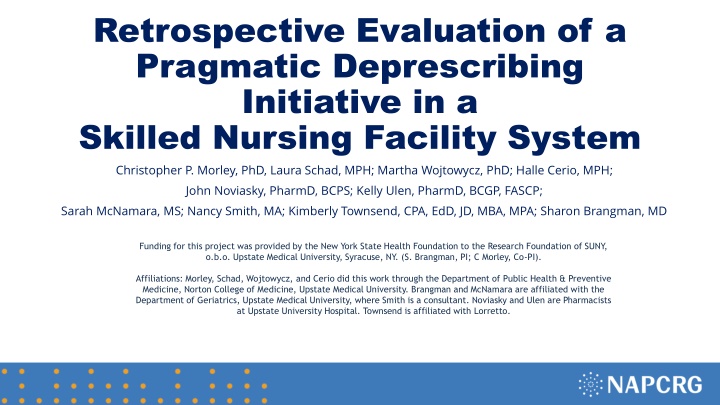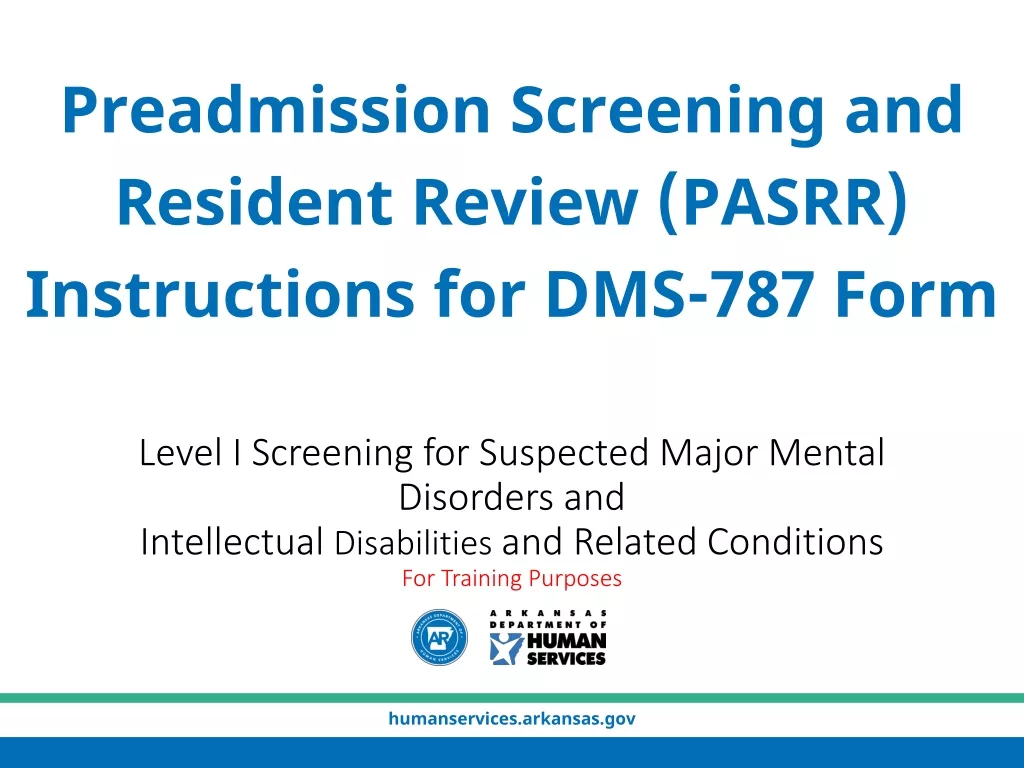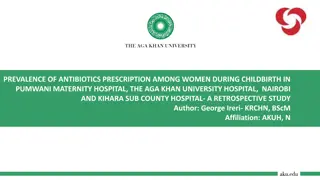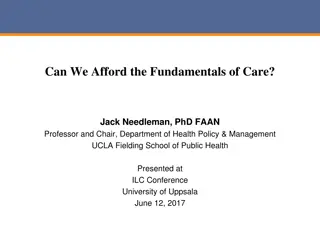Retrospective Evaluation of Pragmatic Deprescribing in Skilled Nursing Facilities
This study evaluated the effectiveness of a pragmatic deprescribing protocol in reducing medication classes in two skilled nursing facilities. Findings showed significant reductions in diuretics, opioids, antipsychotics, and antibiotics, with slight overall medication changes. Increases in anticoagulants and antidepressants were noted. The study highlights the importance of deprescribing efforts in managing polypharmacy in older populations. Limitations include the non-experimental design.
Download Presentation

Please find below an Image/Link to download the presentation.
The content on the website is provided AS IS for your information and personal use only. It may not be sold, licensed, or shared on other websites without obtaining consent from the author.If you encounter any issues during the download, it is possible that the publisher has removed the file from their server.
You are allowed to download the files provided on this website for personal or commercial use, subject to the condition that they are used lawfully. All files are the property of their respective owners.
The content on the website is provided AS IS for your information and personal use only. It may not be sold, licensed, or shared on other websites without obtaining consent from the author.
E N D
Presentation Transcript
Retrospective Evaluation of a Pragmatic Deprescribing Initiative in a Skilled Nursing Facility System Christopher P. Morley, PhD, Laura Schad, MPH; Martha Wojtowycz, PhD; Halle Cerio, MPH; John Noviasky, PharmD, BCPS; Kelly Ulen, PharmD, BCGP, FASCP; Sarah McNamara, MS; Nancy Smith, MA; Kimberly Townsend, CPA, EdD, JD, MBA, MPA; Sharon Brangman, MD Funding for this project was provided by the New York State Health Foundation to the Research Foundation of SUNY, o.b.o. Upstate Medical University, Syracuse, NY. (S. Brangman, PI; C Morley, Co-PI). Affiliations: Morley, Schad, Wojtowycz, and Cerio did this work through the Department of Public Health & Preventive Medicine, Norton College of Medicine, Upstate Medical University. Brangman and McNamara are affiliated with the Department of Geriatrics, Upstate Medical University, where Smith is a consultant. Noviasky and Ulen are Pharmacists at Upstate University Hospital. Townsend is affiliated with Lorretto.
The Research Question Polypharmacy, referring to multiple medications or the use of more drugs than are medically necessary, increases risk of adverse drug effects. Polypharmacy is a particular issue in older populations who have accumulated years of prescriptions from multiple clinical interactions and relationships. Entry into a Skilled Nursing Facility (SNF) presents an opportunity to intervene. Deprescribing refers to the planned and supervised process of dose reduction or stopping of medication that might be causing harm, or no longer be of benefit. (from Deprescribing.org) Our Objective: to retrospectively determine whether a pragmatic deprescribing protocol reduced 8 common classes of medications in two skilled nursing facilities (SNFs) in a single system. Pragmatic Deprescribing Protocol: Multi-faceted, pragmatic interdisciplinary deprescribing effort to reduce medications in SNF residence including clinician education guideline development individual chart reviews Intervention further described in a prior publication
Research Design and Method Project Design and Analysis: Retrospective, longitudinal pre/post evaluation. A preliminary analysis was published using data from 2017- first half of 2020. For this follow-up, data from before and during the implementation of a deprescribing effort (2017-2019) were compared with post-intervention years (2020- 2021). Data: annual comprehensive minimum data set (MDS) reviews conducted at two SNFs located in central New York State between 2017 and 2021 (N=11,862). Analysis: Comparison of 8 classes of medications: Diuretic, Opioid, Antipsychotic, Anticoagulant, Antianxiety, Antibiotic, Hypnotic, Antidepressant measured as Y/N (1/0) on MDS annual comprehensive total classes of meds (0-8). Regression models (logistic or OLS as appropriate) were used to calculate odds ratios and beta coefficients of post vs pre period, controlling for African Descent (AD) race, Female gender, and Age in years.
What the Research Found Coefficients presented are adjusted for AD, Gender, and Age. Slight change in overall medications, significant after covariate adjustment. Significant Reductions in Diuretics, Opioids, Antipsychotics & Antibiotics; non-sig reduction in Antianxiety Increases in Anticoagulants (likely tied to male patients, data not shown) and Hypnotics (very small overall numbers, likely not clinically significant) Statistically significant increase in Antidepressants, used to offset other medication reductions. Limitations Non-experimental evaluation began when pragmatic DeRx was underway Single system may or may not generalize Opioids not yet included in 2017 (analysis accounted for that issue) Reliance on MDS, which focuses on billing and reporting vs. clinical utility Inability to closely analyze impact on adverse events due to limits on data
What this means for Clinical Practice Pragmatic, real-time deprescribing efforts can have a gradual, but major and sustainable impact Additional research needed/underway on cost-effectiveness Research on outcomes needed, but MDS (which focuses on billing issues) may not be most appropriate data source to measure clinical outcomes Bottom Line: guideline/protocol development, chart review, and an intentional focus on deprescribing efforts can help meaningfully address polypharmacy in a SNF population
Optional: Add citation if work is published A paper has been published from this project, describing the intervention in more detail, and INITIAL results. The work presented in these slides offers a longer-term follow up in the post-intervention period: Morley CP, Schad LA, Cerio H, McNamara SE, Wojtowycz MA, Smith NH, Noviasky JA, Ulen KR, Townsend K, Amidon J, Brangman SA. Longitudinal Evaluation of a Deprescribing Protocol in Skilled Nursing Facilities. Sr Care Pharm. 2022 Oct 1;37(10):523-531. doi: 10.4140/TCP.n.2022.523. PMID: 3617167 https://www.ingentaconnect.com/content/ascp/tscp/2022/00000037/00000010/art000101.























